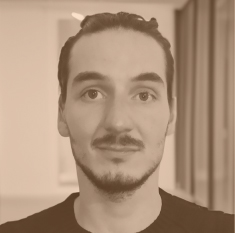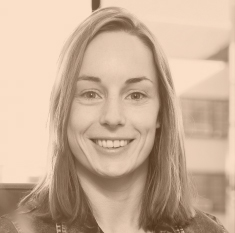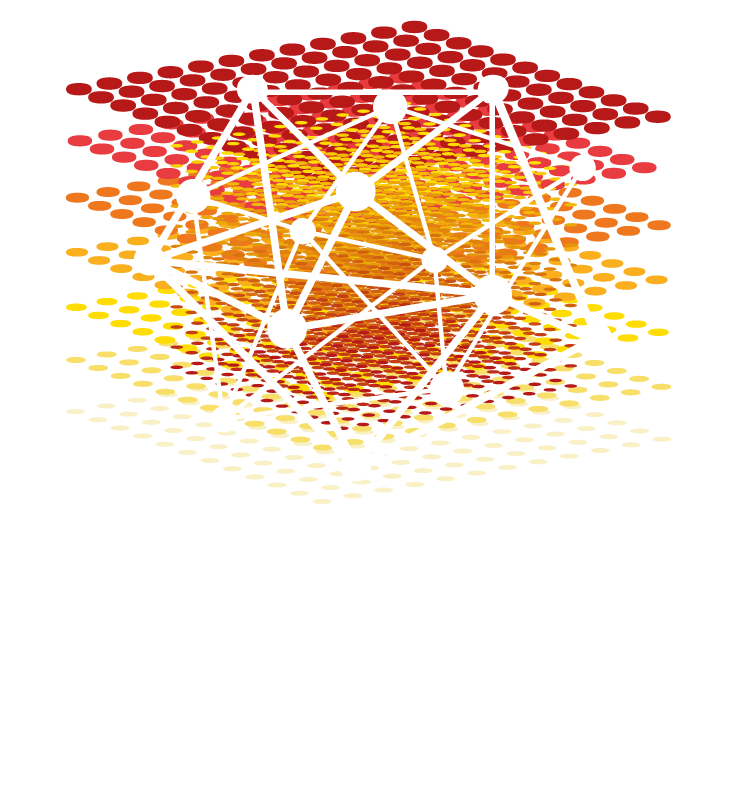
Alessandro GALEAZZI - University of Padova, Italy
December 9th, 2024

Clara STEGEHUIS - University of Twente, The Netherlands
December 9th, 2024
Network motifs, or subgraphs, can be seen as the building blocks of complex networks, and have applications ranging from detecting fake news to anomalous genes. In this session, you will learn how models for complex networks help us to extract information from such subgraphs. In particular, I will focus on the mathematical analysis of network motifs as well as on using of network data, and various sampling techniques. The session will contain theory as well as hands-on exercises.
Biography
Clara Stegehuis is an associate professor in applied mathematics at the University of Twente. She works at the intersection of probability theory, optimization and stochastic networks. She works on random graph models for problems related to epidemic spreading, network motifs, chemical reactions and cellular networks. Besides her mathematical work, she has a passion for science communication. She often presents the fascinating aspects of mathematics or networks at various places, from music festivals to primary schools.
Communities endorsing opposing viewpoints on controversial issues often emerge within online debates. Within these groups, users' beliefs are reinforced through repeated interactions with like-minded individuals, while dissenting opinions are frequently disregarded. Known as "echo chambers", these online communities have significant influence over digital discourse and may contribute to user segregation. In this tutorial, we will explore multiple methodologies for identifying echo chambers within online social media platforms and employ various techniques to assess users' opinions on several debated topics. By applying these techniques to different scenarios, we will elucidate the differences and commonalities in user structures across contexts. Lastly, we will focus on the strengths and limitations of each technique, offering strategies for mitigating potential issues.
Biography
Alessandro obtained his Ph.D. in Information Engineering from the University of Brescia. Subsequently, he spent two years as a Postdoctoral Researcher at the Department of Environmental Sciences, Informatics, and Statistics at Ca' Foscari University of Venice. During this period, he was an integral part of the IRIS Coalition, a research group focused on understanding infodemics and promoting healthy information ecosystems. Throughout his academic journey, Alessandro investigated several aspects of online environments, encompassing information spreading, interaction structures, and misinformation. His contributions include publications on climate change, political elections, echo chambers, polarization, and the COVID-19 outbreak. Currently, Alessandro holds the position of Assistant Professor at the Department of Mathematics at the University of Padova, where he continues to explore diverse aspects of online social media.
